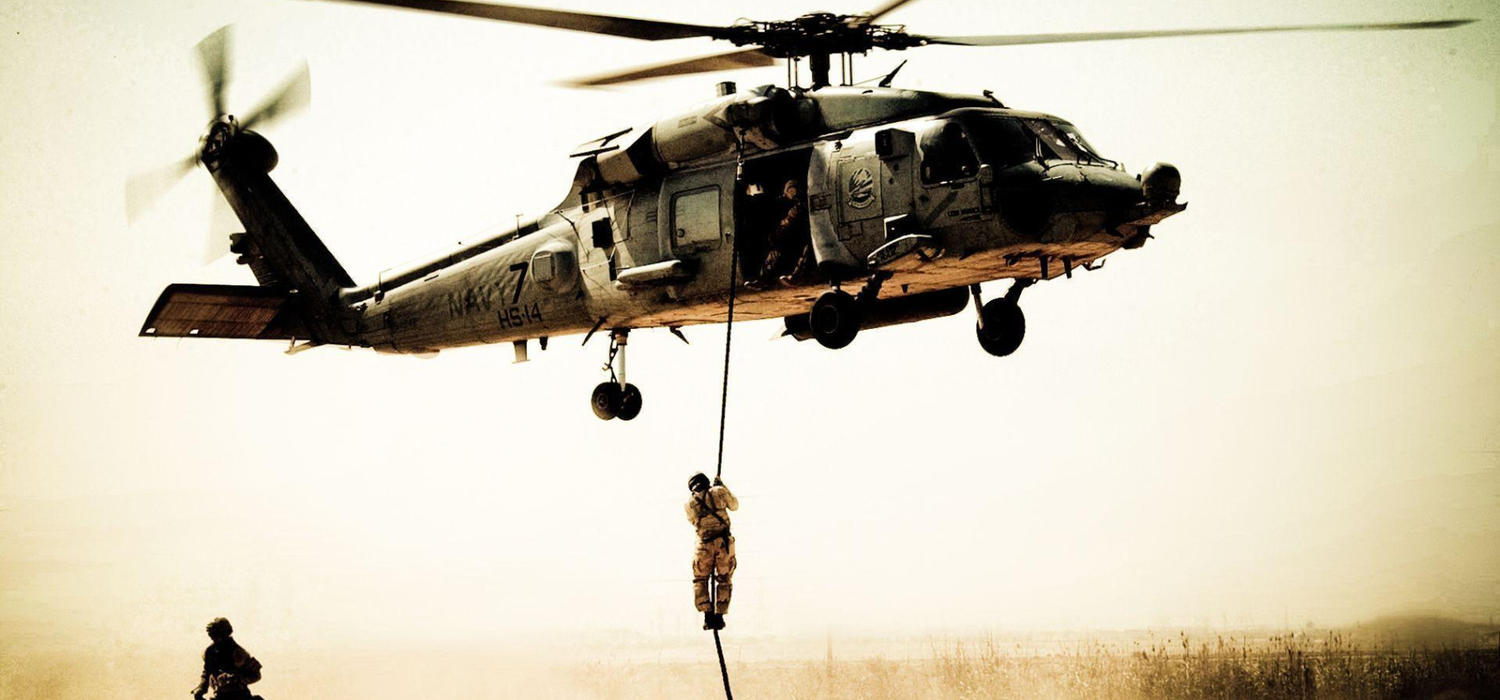
Nov. 30, 2020
What We Are Learning This Week with Dr. Barry Cooper!

November 30, 2020 in POLI 519 Interpretation and War
Dr. Barry Cooper is exploring the topic “Small Wars” or “fourth generation wars.” Western democracies are not very good at fighting them, and we discuss why. The major book (which has also been made into a movie) we look at is Black Hawk Down, by Mark Bowden.
Can you tell us a little more about this topic?
Small wars are fought, usually quite badly, by major democracies against small countries and insurgents. Unlike existential wars against peer enemies, for democracies these are wars of choice. This is one reason that democracies are not very good at fighting them. They are, however, just as violent and savage as big wars. The main conflict we look at this week is the Somalian intervention in the early 1990s and the “battle of Mogadishu” as fought between elite US troops and Somali insurgents. Bowden’s Black Hawk Down provides both Clausewitzian insights and memorable stories of the fighting.

What else do you cover in your course?
A pretentious way to describe the subject-matter covered in the course is “phenomenology of battle.” We start with Jane Goodall’s discussion of chimpanzee wars, then introduce the notion of war as a game (Huizinga). What follows is a consideration of hoplite battle, medieval fighting at Agincourt (Shakespeare’s Henry V), then the destruction of the Crow hunter/warrior world followed by the major and minor experiences of battle in the 20th and 21st centuries in Europe, the Pacific, Vietnam, Somalia and Afghanistan.What are some your most rewarding moments from this course?
What are some your most rewarding moments from this course?
What is particularly interesting about teaching this course is that it provides students the opportunity to see how gritty and violent battle actually is. Most students have taken courses either in IR or in strategic studies, which mostly deal with war as a Clausewitzian extension of politics. This course deals with the very personal business of killing your enemies and with the rules that warriors have developed to distinguish battle from slaughter; that is why war and battle are Huizingian games. When students figure that out, they never see armed conflict the same way again.
Finally, what other courses would you recommend for students interested this topic?
Wars are part of human history and maybe human nature. Students with some familiarity with international relations and strategic studies are usually not astonished by the perspectives provided by this course. Students with a background in “peace studies” are in for a shock.
